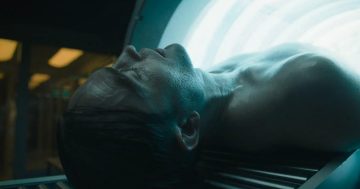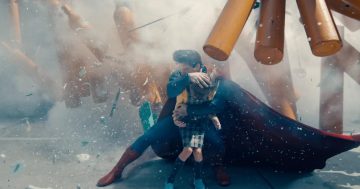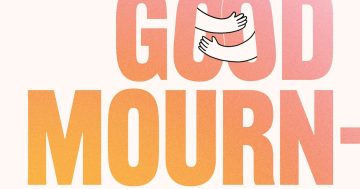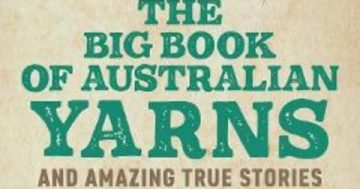Reviewed by Robert Goodman.
By Edward Ashton, Solaris.
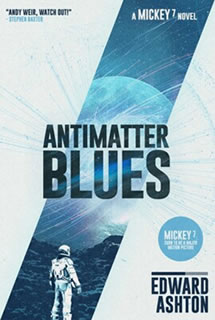 Edward Ashton’s action packed but wry space-colony-meets-cloning-ethics story Mickey 7 is headed for the big screen. While that book did not leave any cliffhangers per se it did leave the story of Mickey Barnes and the Nifleheim colony open for revisiting. Antimatter Blues eschews much of the philosophical underpinnings of the first book to deliver a more action packed, alien contact tale. As this is a sequel, this review necessarily contains some spoilers.
Edward Ashton’s action packed but wry space-colony-meets-cloning-ethics story Mickey 7 is headed for the big screen. While that book did not leave any cliffhangers per se it did leave the story of Mickey Barnes and the Nifleheim colony open for revisiting. Antimatter Blues eschews much of the philosophical underpinnings of the first book to deliver a more action packed, alien contact tale. As this is a sequel, this review necessarily contains some spoilers.
Two years have passed since Mickey Barnes, the seventh instance of Expendable crew member of the Nifleheim colonisation crew, “retired” from his position. With no specific skills (other than a willingness to die for his crewmates and be remade), Mickey has been enjoying life with girlfriend Nasha and doing odd jobs around the station. But an impending and colony-thretening fuel shortage that can only be fixed with additional antimatter changes the dynamic. Mickey finds himself back in the frame and having to deal with the fabricated tale he told two years before about the fate of an antimatter bomb and his claim to be in contact with the local aliens, known as Creepers. But unravelling that particular set of lies leads to plenty of other problems and soon Mickey finds himself leading a mission, and a race against time to recover the bomb and its valuable antimatter.
Mickey 7 drew most of its tension and fun from the existence of multiple versions of the same character. Antimatter Blues is an altogether different type of narrative. This is an action packed, problem solving, cliffhanger-filled journey across an alien landscape. This includes the human characters learning to respond to the barely understood culture of an alien civilisation. For the most part, Mickey and his team are supported a straight talking alien guide who talks like them, supposedly because the local Creepers learnt English from Mickey’s communication transmissions.
The trick with this book is that the action piles up fast enough that readers do not ask too many questions. Like: in a colony on the edge of surviving why has Mickey been allowed to cruise for two years? Or if Mickey does not have a specific skill set (besides an interest in history and a willingness to die for the cause) how does he get put in charge of a do-or-die mission? Or why once the aliens who ally with Mickey learn more about human frailty in the environment they just don’t just wipe them off the map and take the resources that are clearly precious to them? Readers who can put niggles aside will have a great time – Ashton ramps up the pressure, builds up to some great cliffhangers and deploys some interesting twists and reverses.
While the books are very different and readers do not necessarily have to read them in order, having read Mickey 7 will definitely make more of the shorthand in this volume make sense. The fact that Mickey is a clone is not particularly central to this narrative.The old Ship of Theseus question gets another workout (presumably for readers who have not read Mickey 7 although with much less relevance in this narrative), there is very little in the way of philosophy in Antimatter Blues. It centres on the race against time and human interference in an alien conflict and the chaos that necessarily ensues.
Antimatter Blues is overall another fun, action-packed and page-turning book from Ashton. And when the main action is resolved, Ashton makes sure to leave the door open for more Mickey in the future.
Over 900 more book reviews can be found on Pile by the Bed.


